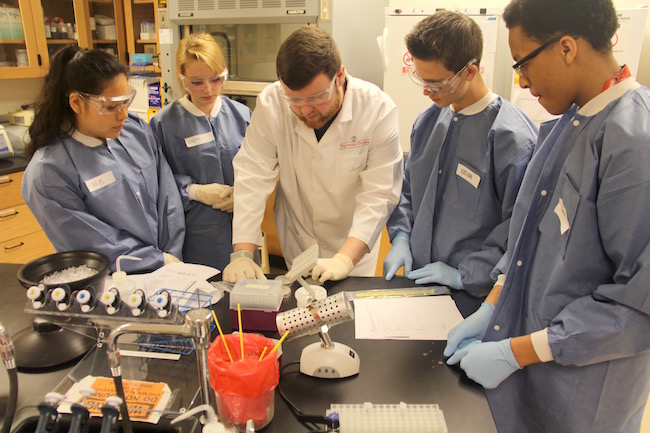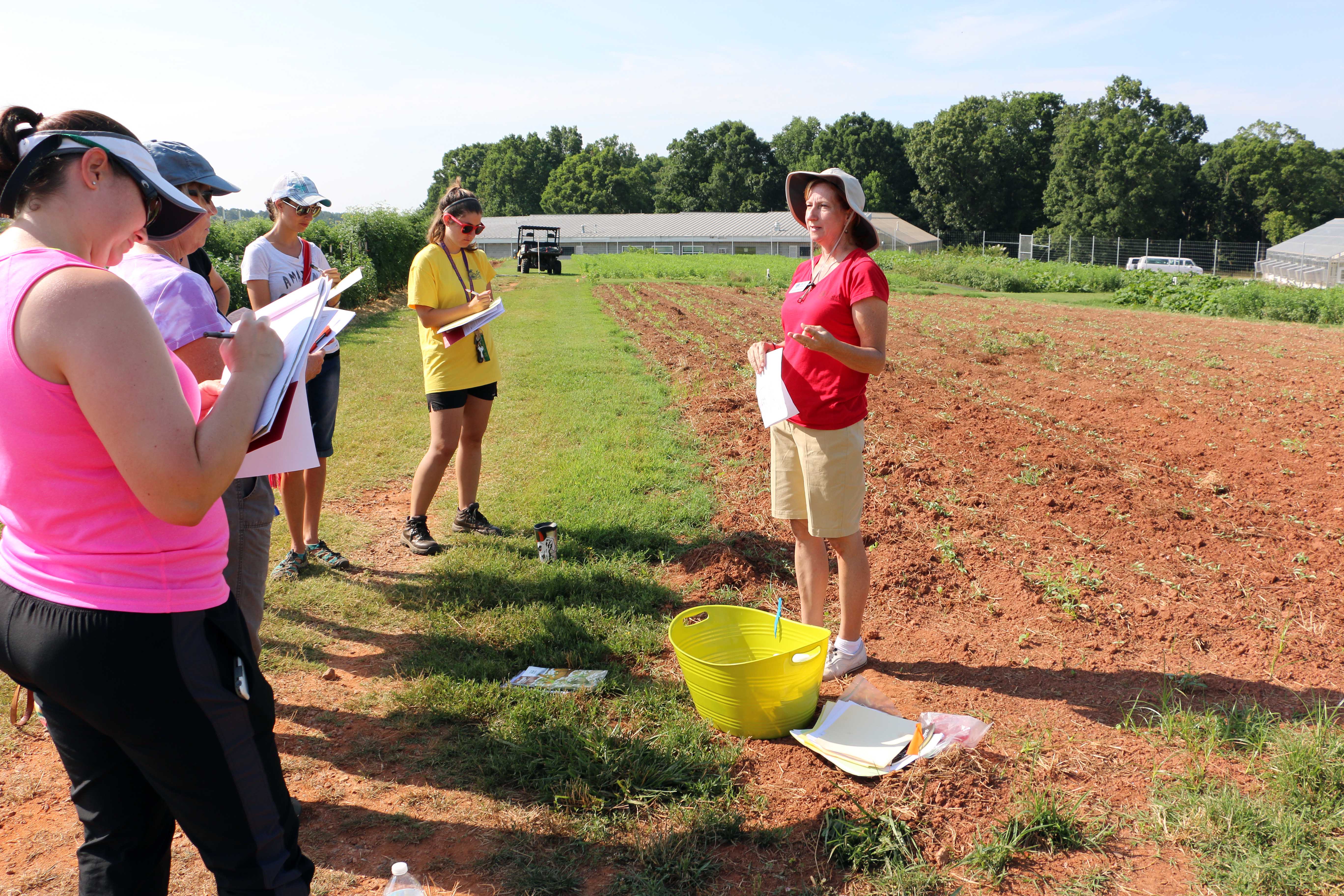By Sharon Gibson
University of Georgia
When our children first start school, we parents are often both a little apprehensive and excited. Many of us are eager to get involved in our child’s educational experience. As children get older, parent involvement changes and in some cases even declines.
From pre-K through the early years of middle school, parents tend to be engaged, but sometime in middle school parents often start to slip away. Though parents may think their involvement is not as necessary at the upper grade levels, it is. And it is never too late for parents to get back involved in their child’s education. Parents have the responsibility to make sure their children are on task and reaching educational milestones. The critical piece of the well-executed education puzzle is the parent.
Get back to school
The parent-school relationship is critical. Parents need a solid, well-established line of communication with the professionals who teach their children, from the principal to the teacher to the staffer at the school’s front desk. All of these people are important to your child’s educational success.
Teamwork is fundamental when it comes to education, and your child’s team includes you and his or her educators. A team is successful when it works together – not in opposition. A well-functioning educational team is a win for the student. Here are some things to remember when engaging your child’s school:
- Relationship is key. Start every year by getting to know the teachers and staff who work with your child.
- Make sure the school staff knows you see yourself as a part of the team supporting your child’s academic growth. Check in regularly with the team.
- Make sure the school knows you are willing to help with projects. Demonstrate your skills and talents – from baking coffee cake for the teacher’s lounge or chaperoning afterschool activities to helping with play practice or keeping a playground clean. Everyone has a talent.
- Make a point to attend programs for parents offered by your school. Many schools have classes for parents related to child and adolescent development, planning for college or issue meetings related to the needs of your school system.
- Make sure you are informed of your child’s academic progress and ask to be kept aware of any problems or successes. Check in with your child and your child’s teacher.
- Most importantly, remember to encourage your child’s educational team. Educators can become discouraged if all they ever hear from you is complaints.
As you reach out to your child’s teachers and school, remember that it is a two-way street. Schools should be reaching out to parents, keeping them informed of their child’s progress and school happenings. Successful schools create an inviting environment that welcomes parents to participate in their child’s education. But you as the parent also have to step forward as a full partner in your child’s education.
Check out a new tool for parents created by Georgia Appleseed Center for Law and Justice at www.gaappleseed.org/parents.
(Sharon Gibson is a University of Georgia Cooperative Extension specialist and director of the Children, Youth and Families at Risk – Sustainable Communities Project.)





